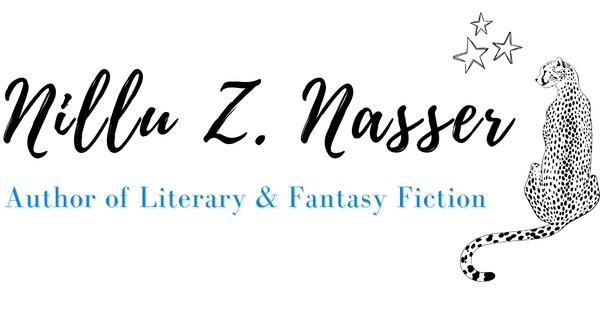Photo by Kevin Gill
We’re completing the third week of lockdown in England due to Covid-19. Historians suggest we jot down our thoughts during this time for future generations. This is a letter to myself.
How quickly this new normality descended. How suddenly cities quietened: trains empty, playgrounds taped off, motorways deserted, tourist spots barren, churches shut, flights grounded, weddings cancelled, shops shuttered, shelves emptied. As if we all retreated into burrows rather than our homes.
In Britain, where successive political events have left the electorate exhausted and divided, a new seriousness has descended. A realisation that what came before pales in comparison to this new foe. The crisis has only just begun. There will be more lives lost, and heavy social, mental health and economic costs, that much is clear.
Will our leaders be up to it? Some have urged us to put politics aside during this global emergency, but what can be more political than life and death? Isn’t a nation’s first duty to protect its citizens?
When coronavirus took hold, some governments reacted sleepily and others cast blame. It’s a Chinese problem, they said, think of SARS and Ebola. It won’t touch us here. That sort of thing belongs in a Hollywood disaster movie, not here on our shores.
But diseases don’t respect borders. The virus spread across the globe as if by supersonic jet. Babies continued to be born, but all else changed. National governments scrambled into differentiated responses: a litmus test of leadership, intellect, humanity and resources. When this is over, there will be a reckoning.
There has been talk of heroes and of frontlines, of nations at war with an invisible enemy, of battles lost against the disease. Of underlying causes making patients more susceptible to the illness, as if this justifies their loss. As if it lessens the impact of the rising deaths in the collective consciousness. As if painting the truth in jingoistic terms will bring comfort. Garbled rhetoric wrapped in flags to evoke nostalgia. To distract us from the practical needs of key workers and their very human struggles against this virus.

Photo by Emilio Küffer
It’s hard to comprehend the enormity of what has happened and the still to be seen catastrophic consequences. It feels almost biblical, after the fires and the floods. Or as if the four horsemen of the apocalypse have been unleashed. As if mother nature gave us a breathing illness because we stole her lungs. We trampled her mountains, took axes to her forests, scattered plastics in her oceans and released fumes into her skies. We plundered her and drove her children to extinction. We refused to replenish what we took, even when we took from future generations.
Perhaps, when we have weathered this storm, nations will value teachers, cleaners, doctors, nurses, paramedics, lab workers, the food industry, refuse collectors, postal workers, bank staff, grave diggers, delivery drivers and charities more. Perhaps we will remember how medics came out of retirement to help despite their increased risk. How neighbours helped each other. How thousands provided free online resources for those at home, from dance classes to music lessons. How schools donated goggles and science teachers made visors on 3D printers in lieu of state acquired protective equipment. How thousands took it upon themselves to make masks and gowns from donated materials. How children drew rainbows for their windows and reminded us with their laughter that the world will turn again.
Maybe a new normality will descend and this will be a wake up call for a slower life. We won’t take our homes for granted or the food on our plates. We will learn to appreciate birdsong, wildlife and long untrampled grass. We will remember what it felt like to miss our friends and family, and long for their touch. It will teach us to be kinder. We will scale back our hunger for coin and remember instead our hunger for art. How music, books and television sustained us when the world slowed. Maybe we will continue to bake bread and grow food, and have more time for messy play with the children. We won’t take our freedom for granted. We’ll scale back our adventures across the globe and see flights as a luxury. We’ll rejig the economy to focus more on humans rather than profit. Maybe we’ll be kinder to the Earth and its creatures.
Maybe.
When the Death has moved past our houses and the traffic flows again, children will continue to snuggle up to their parents and play with their siblings. They will remember how during lockdown they drew and danced and baked and wrote stories. How they camped under the stars in the gardens and wondered what all the fuss was about.
One thing is for certain. We must remember and learn from this experience. We can’t let our fallible memories forget what happened and who performed the hardest jobs, and how many families lost loved ones and couldn’t even mourn them as they wished.
We must take our grief and make the world anew.

